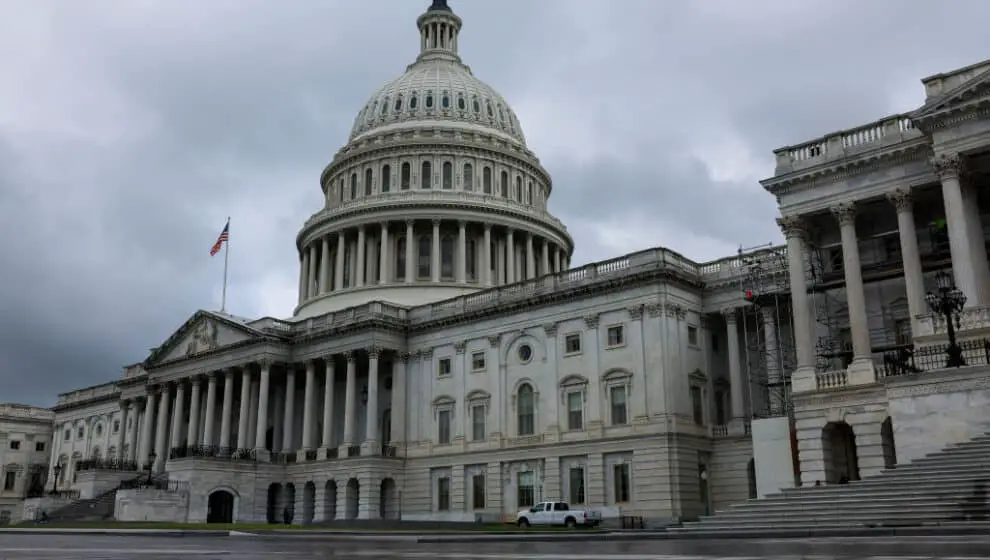After nearly two years of discussion, the American Innovation and Online Choice Act still has an unclear future.
Key details
The American Innovation and Online Choice Act (AICO) is an antitrust bill aimed at Big Tech companies.
The bill is an effort to stop companies such as Google, Apple, and Amazon from promoting their own products over competitors on their platform, when the competitors rely on the platforms to reach consumers.
Just a few weeks before midterms, the bill is at a critical point in the U.S. Senate and it’s still unclear whether or not the bill will pass.
Major tech companies have spent a considerable amount of money lobbying against the bill—nearly $95 million from Alphabet, Apple, Amazon, and Meta combined.
No other similar bill aimed at limiting Big Tech’s marketing power has made it this far in the legislative process, according to Bloomberg.
Why it’s news
This bill could either be a major victory or a major defeat for those trying to limit Big Tech’s reach into everyday lives.
AICO “prohibits certain large online platforms from engaging in specified acts, including giving preference to their own products on the platform, unfairly limiting the availability on the platform of competing products from another business, or discriminating in the application or enforcement of the platform’s terms of service among similarly situated users.”
The bill has the potential to change how Google Maps, Apple Music, and Amazon Basic’s currently serve their customers.
Media companies argue that the bill would limit privacy, threaten national security, and make their products less enjoyable. If the bill fails to pass this session, it appears unlikely that the momentum behind the AICO would continue into next session.
House and Senate Judiciary Committees have made amendments addressing the privacy and security concerns, but whether or no the changes will be enough to sway undecided senators is yet to be seen.
There is a possibility that the bill won’t even see the floor as senators focus on more popular issues with voters right before elections.
